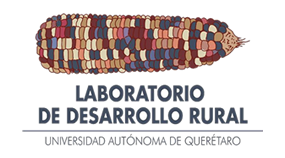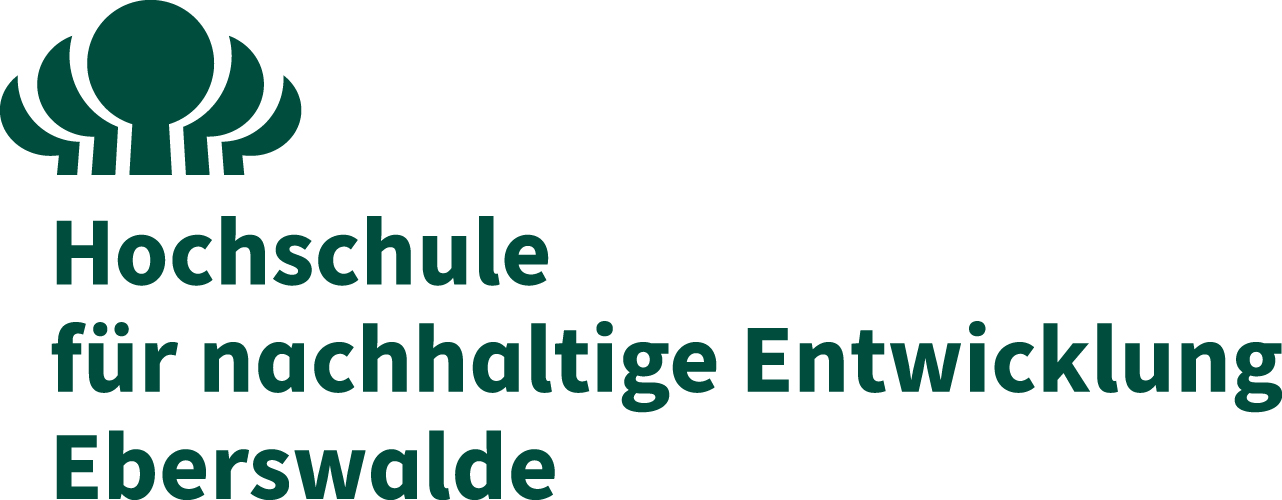Supporting biosphere reserves as laboratories for sustainable development | Magda Staudinger Award ceremony
Annika Bischof M.A. Hochschulkommunikation
Hochschule für nachhaltige Entwicklung Eberswalde
The Eberswalde University of Applied Sciences (HNEE) is the host of the first international research conference on biosphere reserves, which is currently taking place in Brandenburg. University president Prof. Dr. Matthias Barth announces the application as UNESCO partner institute.
Already 50 years ago, UNESCO launched the program “Man and Biosphere” and created the idea of biosphere reserves, in which new ways for a nature-based sustainable development should be sought as a model. There are now nearly 730 biosphere reserves or biosphere parks worldwide, and the idea is more relevant than ever in light of the global ecosystem crisis. The biosphere reserves are connected to each other in a global network and are intensively linked to applied science. At the research conference (May 16-20, 2022), hosted by the Biosphere Reserves Institute (BRI), a scientific institution of HNEE, the focus will be on how research can contribute even more actively to the effectiveness of biosphere reserves. The focus is no longer on purely biological issues, but also on people and their role in overburdened ecosystems.
More than 100 scientists and practitioners from nearly 50 countries are taking part in the conference. They report on regional challenges, solution-oriented research work and joint projects with society. “We are pioneers breaking new ground,” said Prof. Dr. Vera Luthardt, biologist and scientific co-director of the BRI, in her welcoming address. Global challenges can only be tackled together, she said. “This conference aims to further develop the scientific basis by learning from and with each other. We want to be an engine of progress in this important field,” emphasized university president Prof. Dr. Matthias Barth in his opening speech that evening.
For a long time, research in and with biosphere reserves has been an important part of the work of the University for Sustainable Development Eberswalde (HNEE). At home and abroad, Eberswalde scientists:in are active, have networked globally and founded the Institute for Biosphere Reserves in 2019. “We want to focus our own work more on these biosphere reserves and make the UNESCO world network the offer to support these unique laboratories of sustainable development through teaching, training, consulting and research,” explains Prof. Dr. Pierre Ibisch, scientific co-director of the BRI and professor of conservation at HNEE.
“The BRI stands for what we as HNEE want to be in general: an important node in a larger network,” praises university president Barth. As a consequence, he said, we now want to go one step further to increase the visibility and importance of work in biosphere reserves. “In March 2022, we applied for UNE-SCO partner institute status. We now hope that UNESCO will evaluate all our activities and a decision will be made during the General Conference in 2023 to grant us this status.”
Magda Staudinger Award ceremony
At the conference, the German UNESCO Commission will award four young researchers for their scientific achievements. The awards are endowed with 500 euros each, financed by Danone Waters Germany. The awards commemorate the 25th anniversary of the death of Dr. Magda Staudinger, who in the 1960s and 1970s provided significant impetus for the establishment of the UNESCO program for biosphere reserves. This year’s award winners are:
– Biodiversity and Climate Change
Amar Maruf (Indonesia): Exploring the Potential Role of Patron-Client Relationship on Social Resilience to Climate Change Impacts and Risks among Small Scale Sa-ma Bajau Fishermen in Wakatobi National Park, Indonesia.
– Innovative and Sustainable Use of Natural Resources
Eduardo Luna (Mexico): Interorganizational comparison of evaluation use in a bio-sphere reserve.
– Sustainable societies and economies
Dr. Divya Rajeswari Swaminathan (India): Agricultural transformation among the Soliga indigenous people: A Case study from Sathyamangalam Forests, India
– Ecosystem Services
Recca Sajorne (Philippines): Micro and macro plastic litter pollution along sandy beaches in Puerto Princesa, Palawan Island, Philippines
Background on the work of the Biosphere Reserves Institute (BRI)
The BRI was established in 2019 to promote education, research and training. Its work focuses on UNESCO’s Man and the Biosphere (MAB) program and international networking with stakeholders in this field. The BRI aims to become a center of excellence for biosphere reserves worldwide and has therefore submitted an application to become a UNESCO partner institution in March 2022. It is thus one of the first institutes to apply for this status after the admission criteria were significantly tightened, and only the 2nd institute in Germany.
Wissenschaftliche Ansprechpartner:
Uli Gräbener
Executive Director of the Biosphere Reserves Institute
Phone: +49 (0) 3334 657-511
Uli.Graebener@hnee.de
Prof. Dr. Pierre Ibisch
Scientific co-director of the BRI
Professor of Conservation
Founding Director of the Center for Economics and Ecosystem Management
Phone: +49 (0) 3334 – 657-178
pibisch@hnee.de
Prof. Dr. Vera Luthardt
Scientific co-director of the BRI
Professor of Vegetation Science and Applied Plant Ecology
Member of the German MAB Committee
Phone: +49 (0) 3334 – 657-327
vera.luthardt@hnee.de
Weitere Informationen:
http://www.biospherereserves.institute
Merkmale dieser Pressemitteilung:
Journalisten
Biologie, Gesellschaft, Meer / Klima, Tier / Land / Forst, Umwelt / Ökologie
überregional
Wettbewerbe / Auszeichnungen, Wissenschaftliche Tagungen
Englisch



